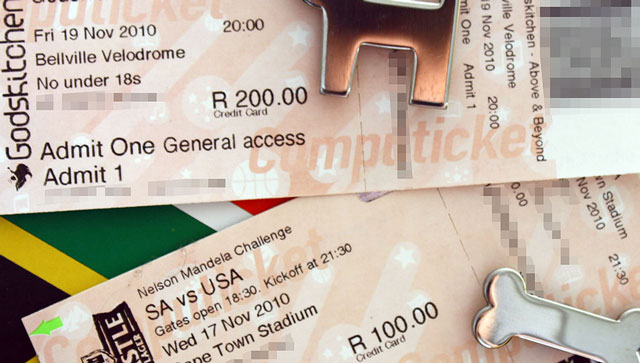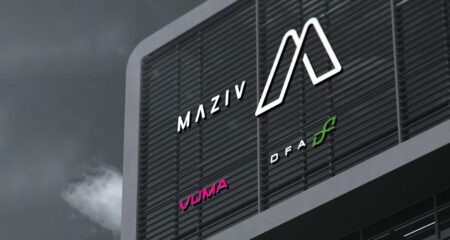
Computicket has been accused of using its market power to bully a developmental theatre company that works with schools. The dispute between theatre company Minimax and the SA State Theatre in Pretoria is about the exclusive contract Computicket signed with the latter in August 2011.
By forcing Minimax to buy its tickets through Computicket, even though it is selling them to parents using software from ticketing company Tixsa through its website and Facebook page, the State Theatre has added a 46% margin to Minimax’s administration costs.
Minimax CEO Sunet Wagner said: “I don’t want to burn bridges with Computicket or the State Theatre, but it’s more cost-effective for us to do our own ticketing.”
Wagner, who has worked with more than 900 schools in the past decade, founded Minimax in 2001. “We offer a platform for young and up-and-coming artists in the performing arts that is supportive and challenging.”
Wagner said she signed the contract with the State Theatre on 20 August. The contract was to use the theatre for the Minimax Extravaganza, a showcase of dance schools, individuals and school productions taking place on 20 October.
A week after signing the contract, Wagner attended a performance of Grease at North West University and noticed that the tickets were being sold on Facebook using Tixsa, a ticketing company launched in 2011. Wagner said this made more sense because her customers were parents. However, the theatre was not amenable to the idea.
Because Wagner had already entered into an agreement with Tixsa, her only solution was to sell her tickets and then draw the tickets from Computicket to exchange on the night at a cost of R1,14/ticket, which is on top of the R2,50/ticket Tixsa is charging Minimax.
Financial implications
“This may not seem like a lot of money, but to a developmental theatre company it is,” said Wagner. “We need to turn around every cent.”
Tixsa chairman Coenie Middel said: “Exclusive rights in terms of ticketing have huge financial implications for artists and the industry.”
The Competition Commission alleges that these exclusive contracts are anticompetitive. Computicket and parent company Shoprite Holdings dispute this.
The commission referred its investigation to the Competition Tribunal in May 2010. It alleged that Computicket closed the ticketing market to competitors when it signed 1 155 long-term exclusive contracts, which represented 90% of the market.
The case was a consolidation of five complaints laid by competitors that, according to the referral, had only 10 contracts between them, all of them non-exclusive.
Computicket challenged the commission’s referral at the Competition Tribunal, which ruled against it. It took the tribunal’s decision on appeal to the competition appeal court and the case was heard last month, although a judgment has not been handed down.
The State Theatre’s CEO, Quinton Simpson, said Minimax was aware that Computicket was the ticketing agent for the State Theatre, but chose to ignore this.
“It will create control nightmares if we allow every visiting producer to bring their own ticketing agent,” said Simpson. “The only issue is that Minimax chose a new supplier while knowing the conditions of our agreement. This supplier expected the State Theatre to bridge its own control environment and obligations.”
Shoprite Holdings said it has no knowledge of the agreement or relationship between the State Theatre and Minimax and could not comment. “Computicket disagrees with the Competition Commission’s sentiments and we are therefore opposing the Competition Commission’s claims on several grounds,” said Shoprite. — (c) 2012 Mail & Guardian
- Visit the Mail & Guardian Online, the smart news source
- Image: Warrenski/Flickr




